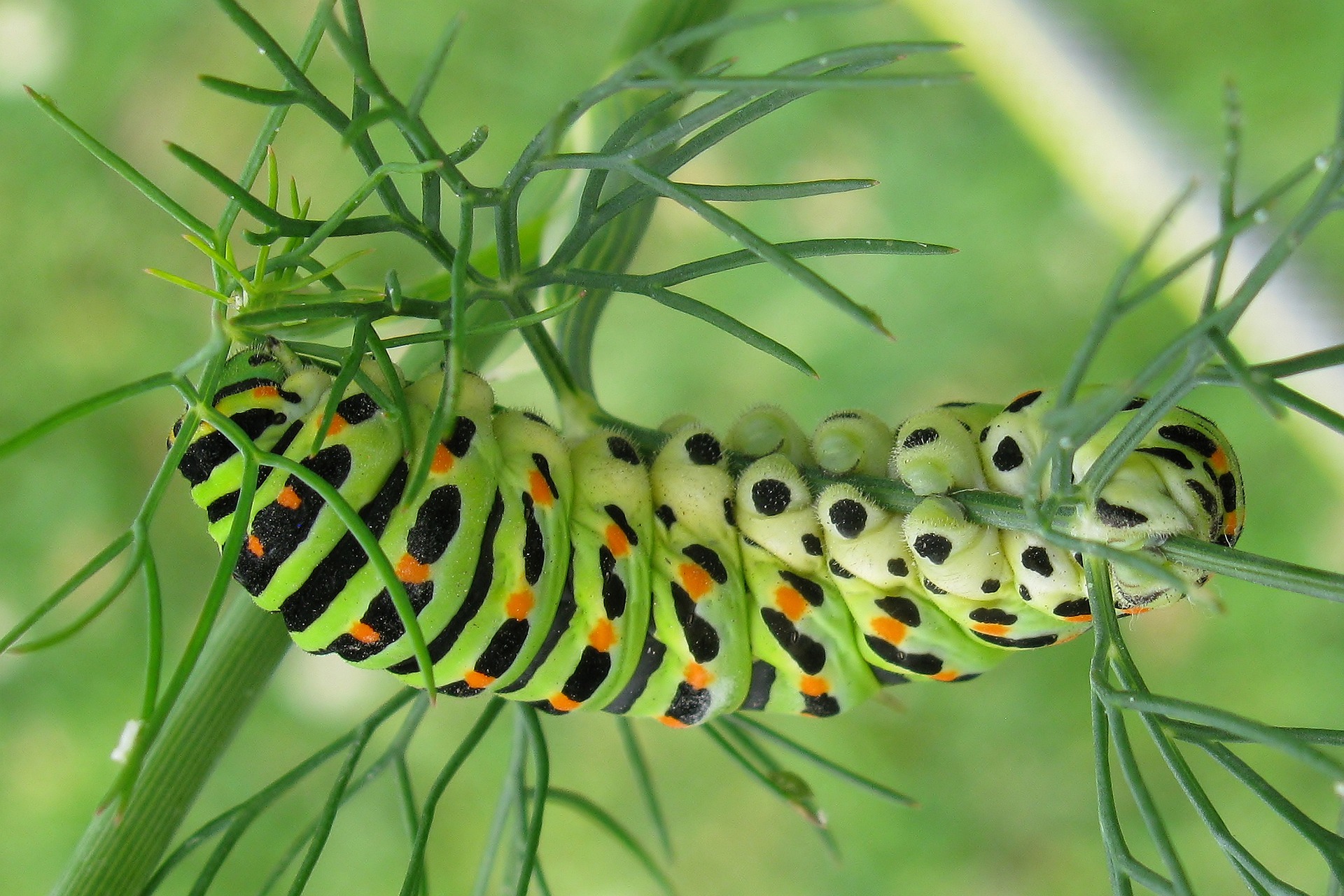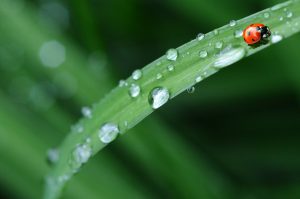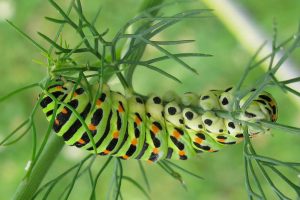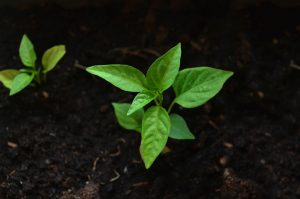
Have you ever felt disappointed seeing your grown plants in your garden slowly disappearing or dying due to insect attacks? If you have, don’t lose hope, because there are now several pest control methods available in the market and DIY remedies to contain insect infestation. Here are some essential ways to protect your garden from insect attacks:
Beneficial Insects
If you notice that your garden is infested with destructive insects. It’s time to invite beneficial insects to your garden, and they help in eliminating these creatures by eating them. Bugs are the common good insects that should thrive in your garden.
In particular:
- Ladybug – is a tiny and winged oval-shaped insect. It has a big appetite that can kill and eat thousands of harmful insects such as aphids, whiteflies, scale insects, lice and other common pests that are dangerous to your plants’ health.
- Praying mantis, it’s good news if you have this insect present in your garden. Do not be scared by its unusual look. What’s good about it is being an ultimate predator. It can terminate pests in your garden instantly. Such as eating grubs, bugs, aphids, grasshoppers, crickets, flies and other insects.
- Dragon-fly, this insect munches other flying insects and pests. Like mosquitoes, flies, moths, whiteflies, fruit flies and their larvae. With its ability to eat other insects, it can lessen pests naturally.
- Lacewings, these nocturnal insects are predators of many types of soft-bodied insects such as aphids. They also eat insect eggs, thrips, mealybugs, immature whiteflies and small caterpillars, and insect eggs.

Harmful insects
Harmful insects are the ones destroying your plants by consuming their various parts. Below are the different harmful insects to watch out for:
Aphids
Aphids they always stay on fruits, vegetables, ornamentals, flowers, and shade trees.They cause deterioration on the plant’s foliage and the eventual drop of their leaves by draining plants’ sap.
To control these bugs:
- Use water spray to wash plants
- Introduce beneficial insects and parasites such as ladybugs and lacewings.
- If possible, use floating row covers on plants
- Apply garlic repellent sprays or hot-pepper sprays
- For worst cases, try applying horticultural or neem oil, or insecticidal soap
Caterpillars
Caterpillars are six-legged insects that are a voracious eater of plants and fruits’ leaves.
To keep them away
1. Let native predators and parasites thrive in the garden
2. Hand-pick your harvest
3. Apply floating row covers
Cutworms
Cutworms wreak havoc on plants by chewing their stem at ground level. It is only one-
inch long and is active only during night time.
For control:
1. Use cutworm collars on transplants
2. Delay planting
3. Hand-pick cutworms curled below the soil surface
Flea Beetle
Flea Beetle are small, dark beetles that jump like fleas when disturbed. They usually dwell on vegetable crops. Adult flea beetles chew numerous small holes into leaves, which are most damaging to young plants, and its larvae feed on plant roots.
To stop:
1. Use floating row covers
2. Spray garlic spray or kaolin clay into the plants.

Cloche plants
This method is used when you want to protect a certain plant from some insects. It is done by using wire or PVC hoops and covering it with a cloth and placing it to your desired plant. Once this material is in place on top of your plants, especially seedlings they are insusceptible to pest attack.

Test and Maintain Your Soil
Before you start gardening it is crucial to know the quality of your soil. The growth of your plant highly depends on it. If your soil is too acidic or alkaline, as a result, your plant grows poorly.However, to avoid this problem—adding organic material to your soil can improve your soil
quality and water-holding ability. It is highly recommended to conduct regular soil nutrient test every 3-5 years to determine your soil’s pH and nutrients level. Consulting an expert is also a good option.

Resistant Planting
Resistant planting is also a good idea to protect your garden from insects. If you are planning to cultivate plants you should know how to determine plants that are disease and drought- survive in a nasty condition.

Apply a Pre-Emergent Control
And finally, apply selective pre-emergent control. The use of corn-based organic pesticide stops annual weeds from developing. Since this organic product does not harm your plants, it can be used even before the seed’s germination to control weed growth.
Having enough knowledge of landscape maintenance will help you prevent undesirable insects to populate on your garden that eventually destroys your plants.






